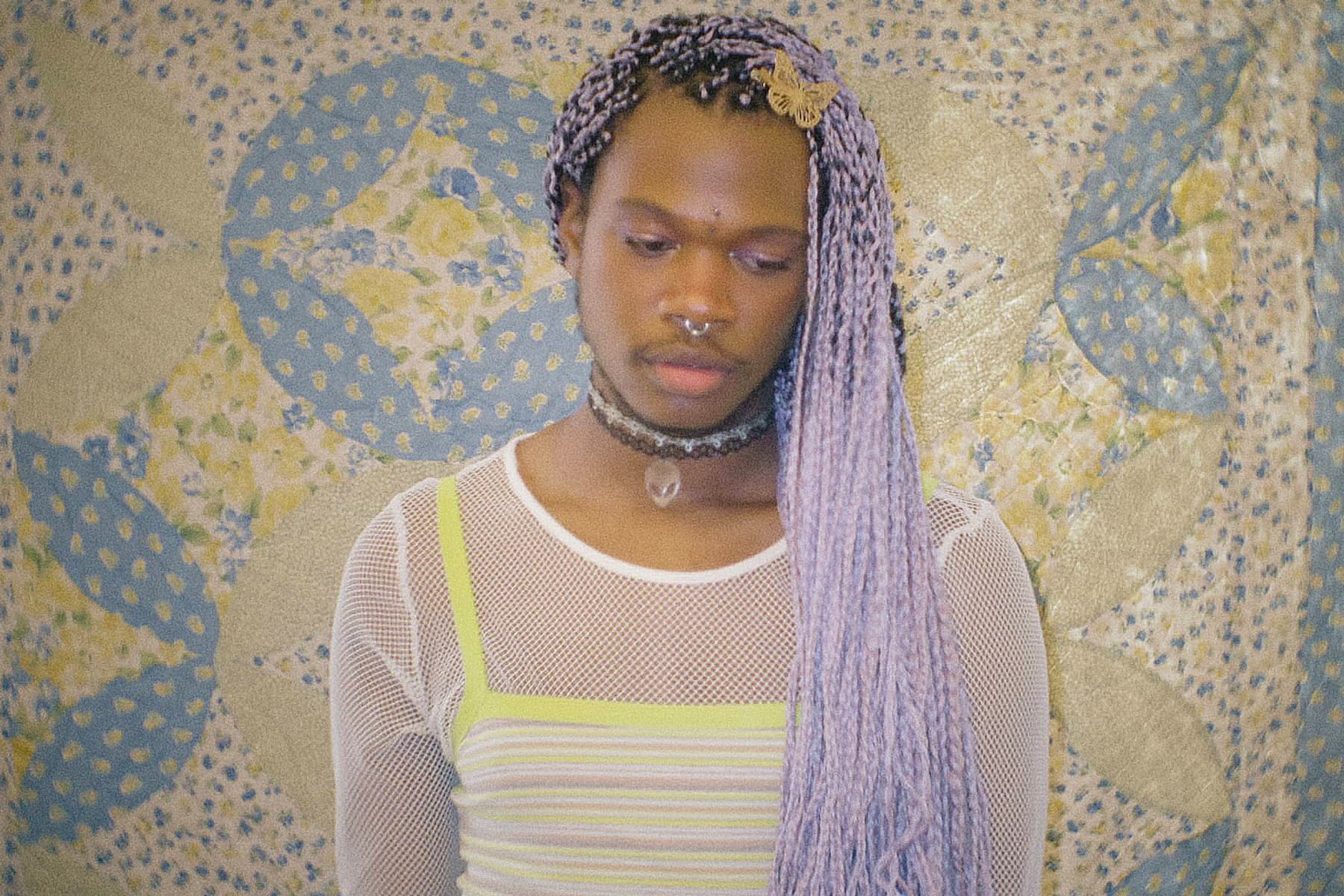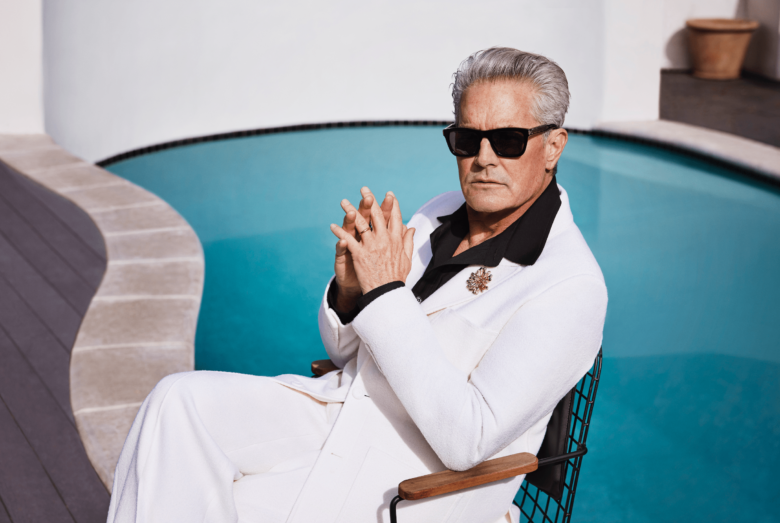Shamir: A Different Kind of Popstar
Love the raw edge of contemporary indie but also drawn to the emotional peaks of alt-pop? Then we’ve got an under-the-radar album for you: the arresting self-titled record from Las Vegas singer-songwriter Shamir. Effortlessly combining catchy hooks with some serious soul searching, all delivered via the musician’s agile countertenor vocals, it’s one of our favourite releases of 2020.
Since the pandemic doesn’t seem to be going anywhere soon, and given that Shamir has proven itself to be a natural companion to lockdown introspection, we’ll likely still have the album on repeat well into 2021 — which is why we decided to dial up the artist behind it. The result? A wide-ranging phone conversation where Shamir discusses making pop that doesn’t compromise, his artistic journey up until now and cultivating the next wave of creative talent with label Accidental Popstar Records.
You’ve been in the music business for over half a decade now. What’s the biggest lesson you’ve learned from being in the industry all this time?
The biggest, wow… I just would always say that you can’t treat your music and yourself as a product. That’s a surefire way to just get things to be messy. You have to look at your heart like little babies, actual lives and learn to set boundaries with people in the industry to be as comfortable with your art and yourself as you can. So many people look at art and music like a dime a dozen, part of a conveyor belt. I know there are artists that can make a song but not have as much emotional attachment to it but for me, it’s like cutting off a part of my body or a part of my psyche.

And what’s something you’d like to see change about the industry?
Well, there’s no arts funding in America whereas I see in Europe that there are so many grants artists can apply to. It’s kind of a give or take, America’s an entertainment epicentre and it’s easier to start there and make your way outwards but you have to invest so much of yourself into your work to get to that point, which I don’t think is okay. In the US we can’t rely on our government to pay for anything, we don’t even have universal healthcare, but major record labels — even some of the bigger indies — have so much money. They should give back and put aside money each year to support undiscovered artists.
Speaking of record labels, I saw that you started your own label, Accidental Popstar Records, last year. What’s that process been like?
I love it! I love my artists, I love doing anything I can from them. I really do put more energy into each and every one of my artists than I do myself, for sure. I think things are so much purer when you work with artists who are new whereas when it comes to my music [the people contacting me] just have so many ulterior motives.
Is it a way for you to give back to young artists?
It’s less “give back” and more “pay it forward”. [It’s also so] I feel like all the BS I went through and all the lessons I learnt from the industry weren’t in vain. I like working with different artists and I feel more empowered in helping out other people, I learn so much about myself and what I can do for myself that way. It helps me get out of my comfort zone and try new stuff, since it’s a little easier to take a chance on things when it’s not you.
Let’s talk about Shamir. I loved how it was a bridge between your earlier, dance-floor-focussed work and your rockier later work. How did you reconcile your artistry with trying to make the record more accessible?
I produced the record in a way where it would be more commercial-leaning but while I was writing the songs I didn’t think about that. I was just trying to write a good song. I’m never writing in a way where it’s like; “Is this a hot topic word? Will it be a hit if I add this melody?”
Besides being more commercial, what do you think Shamir says about your latest artistic chapter?
Now it’s like I’ve found myself as an artist. Realistically, every record I was doing after [2015 dance-pop breakthrough] Ratchet involved a lot of uncertainty and worry. I wanted to go back to writing with a guitar because it’s the most natural for me — obviously since I went on and wrote six albums that way — but I knew it would be hard to position myself as a pop star doing guitar music in the current climate. With my latest record, I finally found the confidence to take on the world as Shamir the Popstar while staying true to making guitar-based music and not giving into a bunch of electronic-based production. It’s also a way to finally join together the two sides of my fanbase, the fans who like the electronic stuff and the fans who like the indie stuff, which is something I’ve always wanted to do.
As a final question, your lyrics have such a diaristic quality to them — how do distinguish between the experiences you feel comfortable sharing and the experiences you’d rather keep to yourself?
I think a lot of the times the things I write about that are more specific to me just won’t come out naturally until I have a bit of perspective. I’m not really a writing-in-the-moment type of person. My track “I Can’t Breathe” is a perfect example. It’s about the Black Lives Matter movement and now it feels ahead of its time but when it came out, the Eric Garner case was two, three, maybe even four years out. People at the time were like; “why are you releasing this now?” But [police brutality] was still a problem, the issue never disappeared, it just took a few years for me to feel comfortable writing about it.
Stream Shamir’s self-titled album here. Check out the Accidental Popstar Records roster here.

